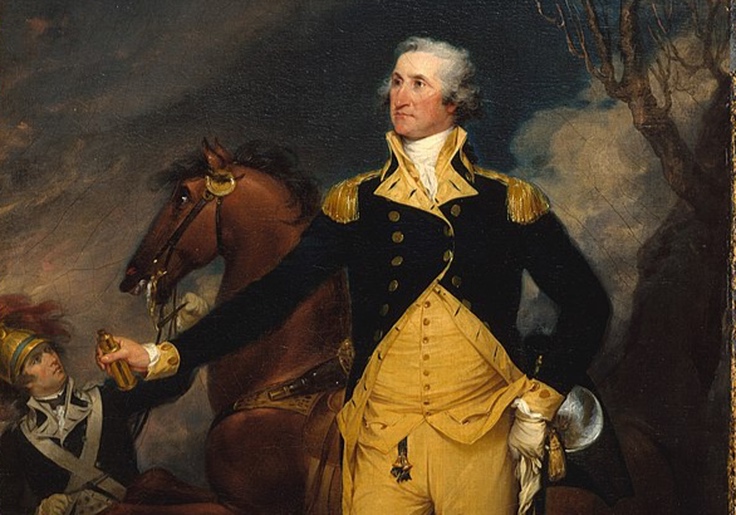After hundreds of students at Stanford Law School shouted down a sitting federal judge in March, school administrators went into damage-control mode. Among the measures they promised to promote a more open academic climate was a mandatory half-day training session on "freedom of speech and the norms of the legal profession."
Many hailed the move as a sign that Stanford was turning over a new leaf and lavished praise on Jenny Martinez, the law school's dean, for her perceived defiance of the campus mob.
But the promised training wasn't much of a crash course in free speech. Instead, it was an online program that required barely a minute's effort, according to five people who completed the training as well as screenshots and recordings reviewed by the Washington Free Beacon. Students were given six weeks to watch five prerecorded videos, most about an hour long, then asked to sign a form attesting that they had done so.
The videos could be played on mute, and the form—which could be accessed without opening the training—did not ask any questions about their content, letting students tune out the modules or skip them entirely.
"I watched none of the videos," one student said. "I never even opened the links. On the day the training was due, I went to the attestation link provided by the university, checked a box confirming I watched the videos, and that was the end of the matter. Whole process took 10 seconds."
The free speech program was much less demanding than the law school's modules on Title IX and alcohol issues, which require students to answer questions demonstrating an understanding of school policy, according to people who'd completed both trainings. The contrast has shaken students' faith in Stanford's vaunted recommitment to freedom of speech, which, one said, appears to have been "nothing more than hollow virtue signaling."
Stanford Law School did not respond to a request for comment.
The training followed a widely reported incident in which students shouted down Judge Kyle Duncan of the Fifth Circuit Court of Appeals with help from Stanford diversity dean Tirien Steinbach. The episode, which was captured on video, touched off weeks of crisis management at the elite law school: Duncan received a formal apology, Steinbach was placed on leave, and the law school announced a series of steps it was taking to avoid a similar debacle in the future.
"As one first step," Martinez wrote, "the law school will be holding a mandatory half-day session in spring quarter for all students on the topic of freedom of speech."
The gap between what was promised and what was delivered could hamstring the law school's efforts to repair its relationship with the federal bench. Following the Duncan shout-down, two circuit court judges, James Ho and Elizabeth Branch, said they would not hire clerks from Stanford Law until they saw evidence of "lasting institutional change."
The training did little to promote such a shift, students said, because the activists who disrupted Duncan were the least inclined to sit through it.
"I overheard people joking about the program in the courtyard," said Josh Rooney, a second-year law student. "The students complying with the training were the ones who already agreed with it."
Even students sympathetic to the program reported muting it once they realized how perfunctory it was.
"Anyone could start the training and just fuck off and not listen," one student said. "It was just a waste of everyone's time," another added.
The videos seemed tailor-made to avoid controversy. They included a conversation between a public defender and a prosecutor, a bipartisan panel of judges, and a talk by the dean of Berkeley Law School, Erwin Chemerinsky, who discussed the basics of First Amendment law and how it applies to college campuses. None of the panels addressed events at Stanford directly, students said, though Chemerinsky did criticize the broader trend of campus shout-downs, according to a video of his talk reviewed by the Free Beacon.
The Duncan imbroglio was one of the most extreme examples of that trend in recent memory. Students bombarded the judge with insults and sexual invective, making it impossible for him to deliver his planned remarks. One protester yelled, "We hope your daughters get raped," according to Duncan and Tim Rosenberger, the former president of the Stanford Federalist Society, who had invited Duncan to speak about cryptocurrency regulation.
The most shocking moment came when Steinbach, the law school's associate dean for diversity, equity, and inclusion, took the podium from Duncan and berated him for causing "harm."
"Do you have something so incredibly important to say," she asked, that it is worth the "division of these people?"
Though the law school later placed Steinbach on leave—calling her intervention "inappropriate"—the diversity dean appeared unchastened. In a Wall Street Journal op-ed in March, she claimed that she had deployed "de-escalation techniques" when she confronted Duncan. And in an op-ed published in The Hill on Tuesday, Steinbach attacked "right-wing media" for misrepresenting "a verbal skirmish" between student protesters and the judge.
It is unclear whether Steinbach, who draws a six-figure salary, is still employed by Stanford, though the biography accompanying her piece this week referred to her role in the past tense, describing her as "an attorney who has served as associate dean for diversity, equity, and inclusion at Stanford Law School."
Steinbach did not respond to a request for comment.













